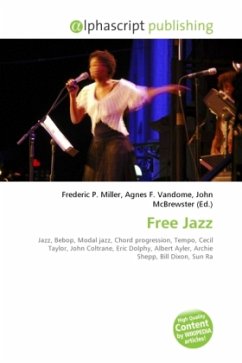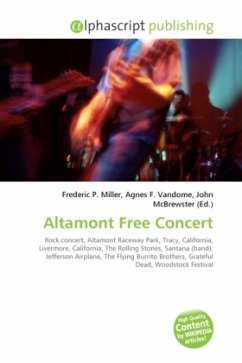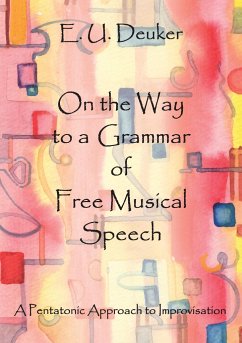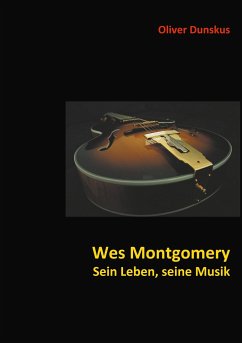
Free Jazz
Versandkostenfrei!
Versandfertig in 6-10 Tagen
23,99 €
inkl. MwSt.

PAYBACK Punkte
12 °P sammeln!
High Quality Content by WIKIPEDIA articles! Free jazz is an approach to jazz music that was first developed in the 1950s and 1960s. Though the music produced by free jazz pioneers varied widely, the common feature was a dissatisfaction with the limitations of bebop, hard bop, and modal jazz, which had developed in the 1940s and 1950s. Each in their own way, free jazz musicians attempted to alter, extend, or break down the conventions of jazz, often by discarding hitherto invariable features of jazz, such as fixed chord changes or tempos. While usually considered experimental and avant-garde, f...
High Quality Content by WIKIPEDIA articles! Free jazz is an approach to jazz music that was first developed in the 1950s and 1960s. Though the music produced by free jazz pioneers varied widely, the common feature was a dissatisfaction with the limitations of bebop, hard bop, and modal jazz, which had developed in the 1940s and 1950s. Each in their own way, free jazz musicians attempted to alter, extend, or break down the conventions of jazz, often by discarding hitherto invariable features of jazz, such as fixed chord changes or tempos. While usually considered experimental and avant-garde, free jazz has also oppositely been conceived as an attempt to return jazz to its "primitive", often religious roots, and emphasis on collective improvisation. Free jazz is most strongly associated with the 1950s innovations of Ornette Coleman and Cecil Taylor and the later works of saxophonist John Coltrane. Other important pioneers included Eric Dolphy, Albert Ayler, Archie Shepp, Bill Dixon, and Sun Ra.












